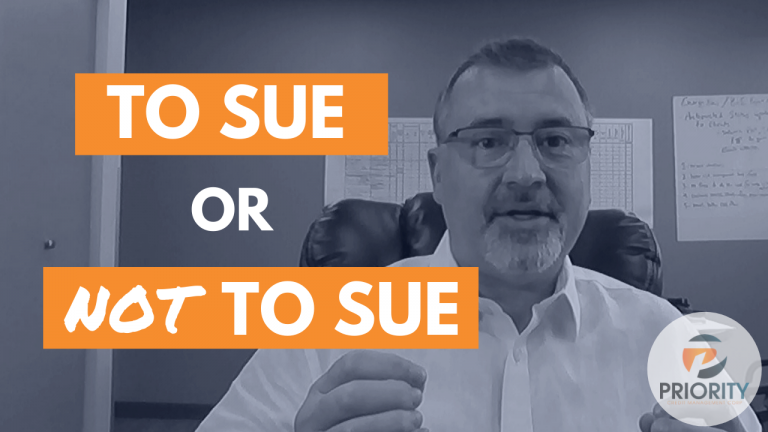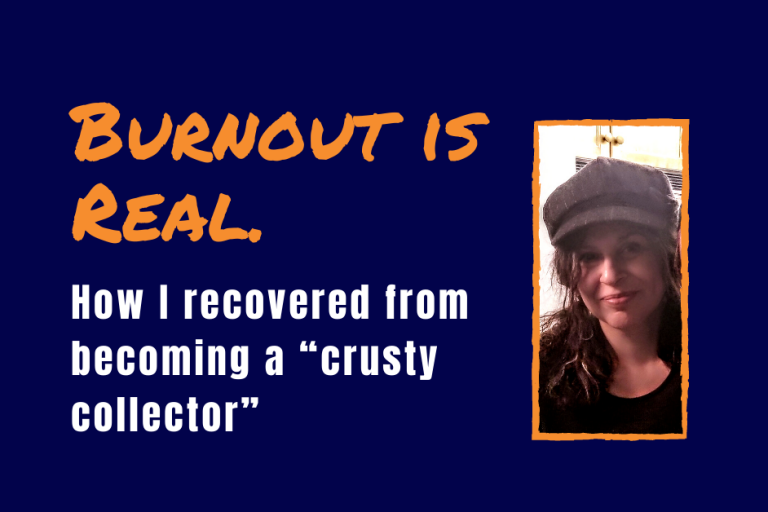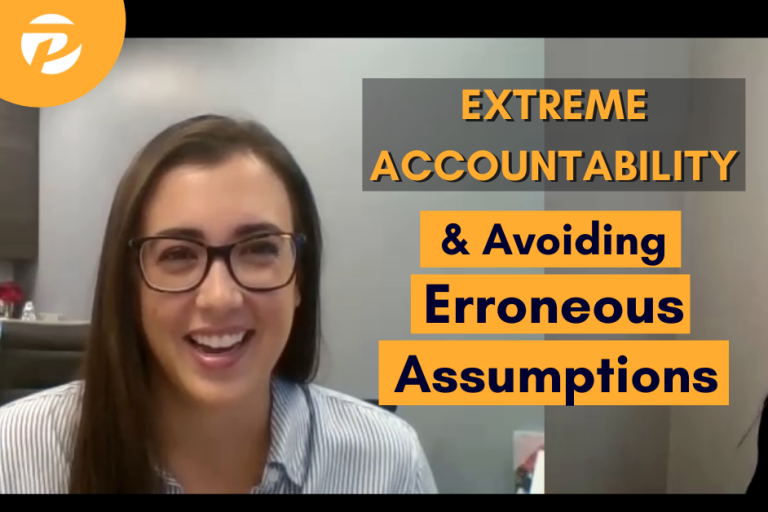The second most uncomfortable conversation to have with our kids (I’ll let you figure out the first) could be the conversation about managing finances. Though not the easiest, it is one we NEED to have. Teaching our kids about managing their money is crucial, yet the evidence is clear that we're doing a poor job of passing down financial literacy to future generations. And since it's Financial Literacy Month in the U.S. (but I believe should be every month), I thought it would be a timely discussion.
I present a credit literacy segment at local high schools for their Career and Life Management or CALM classes. When approached by a teacher I knew, she indicated that the CALM text had exactly ONE paragraph dedicated to credit.
One section is unfathomable when considering the risk of a bad credit rating for our young people's future.
I find there's a money mentality spectrum that we inadvertently pass on to our kids. On one end is the lackadaisical "credit and forget it" mentality. The other is the faux scarcity 'DONT spend your money', rooted in fear of loss. Most of us fall somewhere in the middle. I was definitely raised on the latter.
I can still remember my grandmother, who lived through the Great Depression, counselling my dad and his brothers to never go into debt. That was back in the early 1970s. I grew up on a mixed farm. We raised livestock and grew crops.
During the early 1970s and into the 1980s, interest rates on borrowed money rose as high as 21%.
Let me say that again. 21 percent. Think about what that would do to your financial situation.
That decade saw crazy times. Oil prices started to rise. Unemployment remained stubbornly high. The result was increased living costs or inflation. When inflation starts to rise, the central banks attempt to get rising costs under control by raising interest rates. Under these circumstances, farmers had to borrow large sums to finance the capital expense of planting crops. Could you imagine borrowing under these circumstances? Literally putting the money into the dirt, then praying to get enough rain (and no hail) so your harvest will be worth enough to pay the debt.
Fast forward to today, the stock market is at an all-time high. Housing prices are soaring. The cost of raw materials is rising every day. Interest rates are at historical lows. Our governments are borrowing heavily to create an economic stimulus. The costs of goods and services are increasing.
Household debt in the US and Canada are at record heights, with the US surpassing $27 trillion. How much is $27 trillion? That is $82,266.00 for every man, woman, and child in America.
I review this topic through the lens of a debt collector and a parent. Now is the time to have "The Talk" with our kids, grandkids, Members of Parliament, US Senators, and fellow citizens.
In my CALM finance lesson, we went over the concepts of "needs" versus "wants." We looked at the kids' ability to live within their means. Then we factored in the cost of credit used to finance their "wants." Of the dozens of classes I've given over the years, about 85% of kids are living well above their means.
That's 85% of our young people headed for a credit crisis. I blame the parents.
Young people enter into credit agreements early in their lives (think gym memberships and cell phones). They NEED to understand the pitfalls if the debt isn't managed correctly. Once a person has a negative mark on their credit rating, it takes up to seven years to come off their credit report.
To make my point, I distributed a copy of my Visa statement for the kids to see. I directed their attention to the disclaimer that illustrates how long it will take to pay off the credit card if I only make the minimum monthly payment. The kids couldn't believe that some of my statements show it would take up to 53 years to repay the debt!
Our governments have been borrowing money like crazy to boost our economies post-pandemic. While stimulus helps to boost the economy, there is such a thing as borrowing too much. Just because you are pre-approved for a $500,000 mortgage does not mean you should buy a $500,000 home. You will be cash-poor for a long time. Saving for your retirement or rainy day fund is going to be extremely difficult. The same is true for our countries. The money, while cheap to borrow today, must be paid back eventually. Countries are different than people. A nation doesn't reach old age and die, so it is very conceivable that it may never repay the debt – Ever! We keep making the minimum monthly payment. What happens in your household when you can only afford the minimum payments?
Our countries have to make interest payments on the stimulus loans. That money comes from taxing you and me. Taxes must go up to support more significant debt payments.
We ALL need to go back to CALM class and learn financial literacy and to live within our means. We must pay off debt. Save a six-month nest egg to cover your living expenses in the event you lose your job. If the economy slows, a countries income (tax revenue) goes down, making it very difficult to pay the debt and still function. Unlike our households, a nation's Central Bank can print more money, which only ignites inflation.
I have a $1,000,000 Argentine banknote framed in my office. The economy of Argentina was so bad, while simultaneously the cost of goods was skyrocketing, resulting in a complete collapse of its financial system. Inflation was as high as 5000%. To this day, Argentina's creditors continue struggling to get paid.
Today my $1,000,000.00 Argentine banknote might buy me an espresso at a Buenos Aries sidewalk café.
It's our responsibility as parents/ coaches/ mentors to talk teach our kids about financial literacy, credit, interest, and saving. If we do, they will be well on their way to living productive, solvent lives. Economic growth starts with what we teach our kids. Hopefully, some will pursue a career in politics and carry those values onto the national stage.
All this and more is discussed in this Episode of Corks and Credit- the first-ever talk show dedicated to discussing all things credit over a bottle of wine.
Watch it down below. If you'd like to join us around the virtual table on a future episode, let us know!









